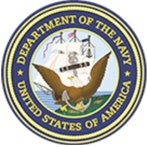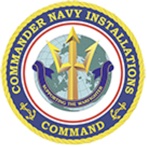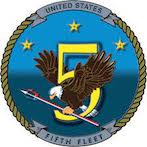Marine defense barriers have applications in various industries; different marine defense systems resolve specific issues and problems that may otherwise turn into fatal accidents.
Here are 5 examples of locations and solutions where a defensive marine barrier might be installed:
For security purposes, military bases may install defensive marine barriers for protection against potential security threats from the water. As barriers, they are strong and durable and are generally made of concrete or other materials; they may include features like underwater sensors or floating gates.
Critical security
maritime barriers create resistance against foreign invasions or unauthorized entry within marked marine boundaries. Boom barriers and automated gates are examples of marine defense barriers for naval bases, ships, tankers, and other waterborne assets.
Coastal cities are severe weather-sensitive areas and epicenters of high tides, storms, and hurricanes. Installing marine barriers for coastal line damage, flooding, and erosion help contain damage due to such natural calamities.
Floating barriers – breakwaters, seawalls, and revetments are the few barriers that protect against flooding and storm surges caused by hurricanes or other severe weather events. These barriers are designed to break the waves, absorb the impact of waves, and protect against erosion.
Nuclear power plants may install marine barriers to protect against the risk of a terrorist attack or other security threats from the water. Also, marine barriers for nuclear power plants are suitable to absorb radiological emissions that may devastatingly impact the environment.
These barriers can be made of steel or other materials and may include underwater sensors or anti-climbing features.
Oil refineries may install marine barriers to prevent oil spills from escaping the facility and causing environmental damage. Oil spills severely affect marine habitats. Therefore, marine barriers are designed to contain spills and prevent oil from spreading into the surrounding water bodies.
Ports and harbors may install marine barriers to protect against security threats or to prevent the spread of invasive species from one water body to another.
Offshore barriers control water flow and prevent unauthorized access to the port or harbor.
Halo Defense Systems is an expert and a member of TMA BlueTech and The American Society For Testing And Materials, manufacturing top-quality marine defense system services for safeguarding water bodies.
To achieve superior quality standards and requirements, our marine defense barriers undergo a series of intensive third-party testing for protecting valuable marine assets.
Visit our website to catch more insights. We are also available through our
contact number – (603) 259-4400 for any inquiry.







